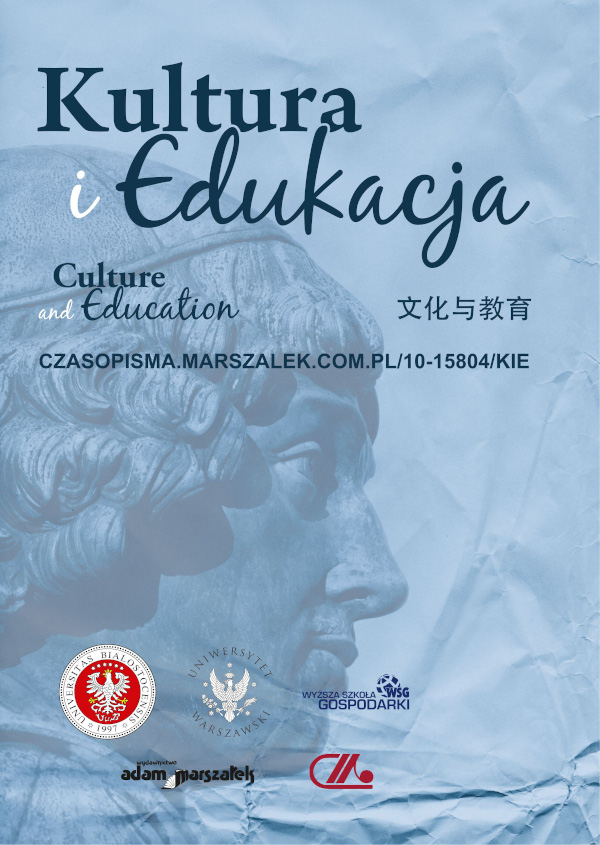Pluricentrism in Education and Communication –
Lexical Differences in English and German Varieties –
Outcomes of the Research
Pluricentrism in Education and Communication –
Lexical Differences in English and German Varieties –
Outcomes of the Research
Author(s): Ida SkubisSubject(s): Foreign languages learning, Lexis, Comparative Linguistics
Published by: Wydawnictwo Adam Marszałek
Keywords: communication; language varieties; pluricentric languages; English varieties; German varieties; language varieties in education;
Summary/Abstract: The existence of language varieties has a considerable impact on communication. They influence the interaction between language users from various centres due to the number of linguistic differences observed on the level of phonetics, spelling, grammar, lexis, and pragmatics. On the one hand, pluricentric languages connect people from various centres by using the “same” language, and on the other hand, they separate them by developing national norms. This article aims to demonstrate the importance of teaching language varieties in foreign language classes because the knowledge of national norms of pluricentric languages is essential in communication with people from various centres. Both English and German are pluricentric languages. Advanced language users should be aware of the differences between language varieties and be able to use the appropriate variety according to the communicative situation. The research undertaken in this article is meant to verify the undergraduate students’ knowledge of English and German varieties, emphasising terminology used in everyday life and their abilities to communicate in languages other than English or German.
Journal: Kultura i Edukacja
- Issue Year: 138/2022
- Issue No: 4
- Page Range: 143-164
- Page Count: 22
- Language: English

